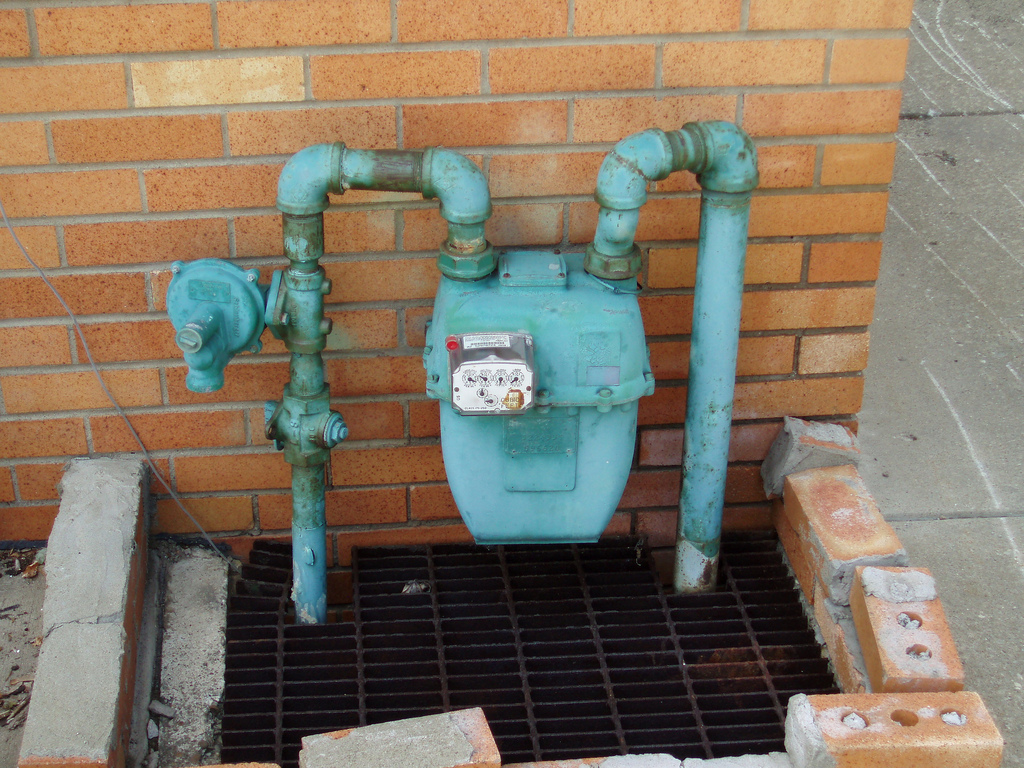AARP Hearing Center

If you live in Maryland, have you heard of Senate Bill 8/House Bill 89? These two bills, being voted on in the Maryland General Assembly next week, will allow gas companies to collect up to a $2/month surcharge for "infrastructure improvements and enhancements" on top of rates already paid by consumers. The Bill requires the Public Service Commission (PSC) to authorize the surcharge requested by the utility if a plan is approved.
Rates and the rate increase process are a bit complicated. However, the process allows the PSC and other consumer groups to review the company’s financials including stockholder dividends and profits when considering a rate request. SB 8/HB 89 peel off a vital piece of that process—it is not a balanced approach and it is not good for consumers.
AARP Maryland is opposing these Bills for the following reasons:
- The bill is NOT about safety and infrastructure reliability--it is a utility revenue enhancement measure. The gas companies want the General Assembly to let them collect from customers now. While we agree safety is important, the PSC has found that the companies have the operational and financial means to make the improvements. See Washington Gas Testimony from November 2011 rate case request during the Public Service Commission hearing.
- The bill is unnecessary to ensure safe and reliable natural gas service in Maryland. For more than 100 years, gas and other utility companies in Maryland have obtained the revenues needed to develop and maintain their infrastructure through the PSC’s traditional rate case proceedings.
- No compelling circumstances exist to justify a surcharge when the current rates include replacement costs. If costs exceed current rates, the utility company can petition for a rate increase. A rate increase looks at the total picture including the company’s financials, the dividends they are paying their stockholders, and their profit. A surcharge does not consider the dividends or profits—it only takes money with no guarantees.
- Misleading claims. The gas companies and State and Federal regulators all assure that these systems are safe and reliable and that continue quality improvement is necessary. While we agree that safety improvements are important, there is already a system that protects the consumer for utilities be reimbursed for their costs—the current rate process.
- Traditional ratemaking cases have and will always best serve the public interest.
- These Bills shift financial risk from the gas companies to the ratepayers, and decreases cost-containment incentives.
- Surcharges require consumers to pay in advance for work that has yet to be done.
- Previous failed attempts. Proponents of these Bills will note that Virginia has implemented this surcharge. While true, they already have two separate surcharges, and Washington Gas is asking for a third. The Virginia PSC is currently looking at large overpayments to the utilities because surcharges only take into account one piece of the rate system—it doesn’t look at company’s financials—what they pay their stockholders and other important information like the cost to borrow money, etc. Utility companies overcharged consumers and Virginia’s PSC is currently trying to recover those payments.
- Passing these types of Bills is a slippery slope. If passed, every utility company could begin coming to the General Assembly for more and more surcharges.
AARP Maryland testified against SB 8 last week in Annapolis, and needs your help in letting senators know how you feel:
A rate case is in the best interest of the rate payers. AARP released a report in May 2012 about the Increasing Use of Surcharges, and how dangerous it is to the consumer to peel out one piece of a very complicated rate case process. The full report, which includes specific justifications utility companies use to push surcharges past regulators and information about why these claims are so often invalid, can be found at www.aarp.org.
Ready to help make your voice heard? Take action now and vote NO to utility surcharges in Maryland.
[Photo courtesy of: Eddie~S /Flickr]































































